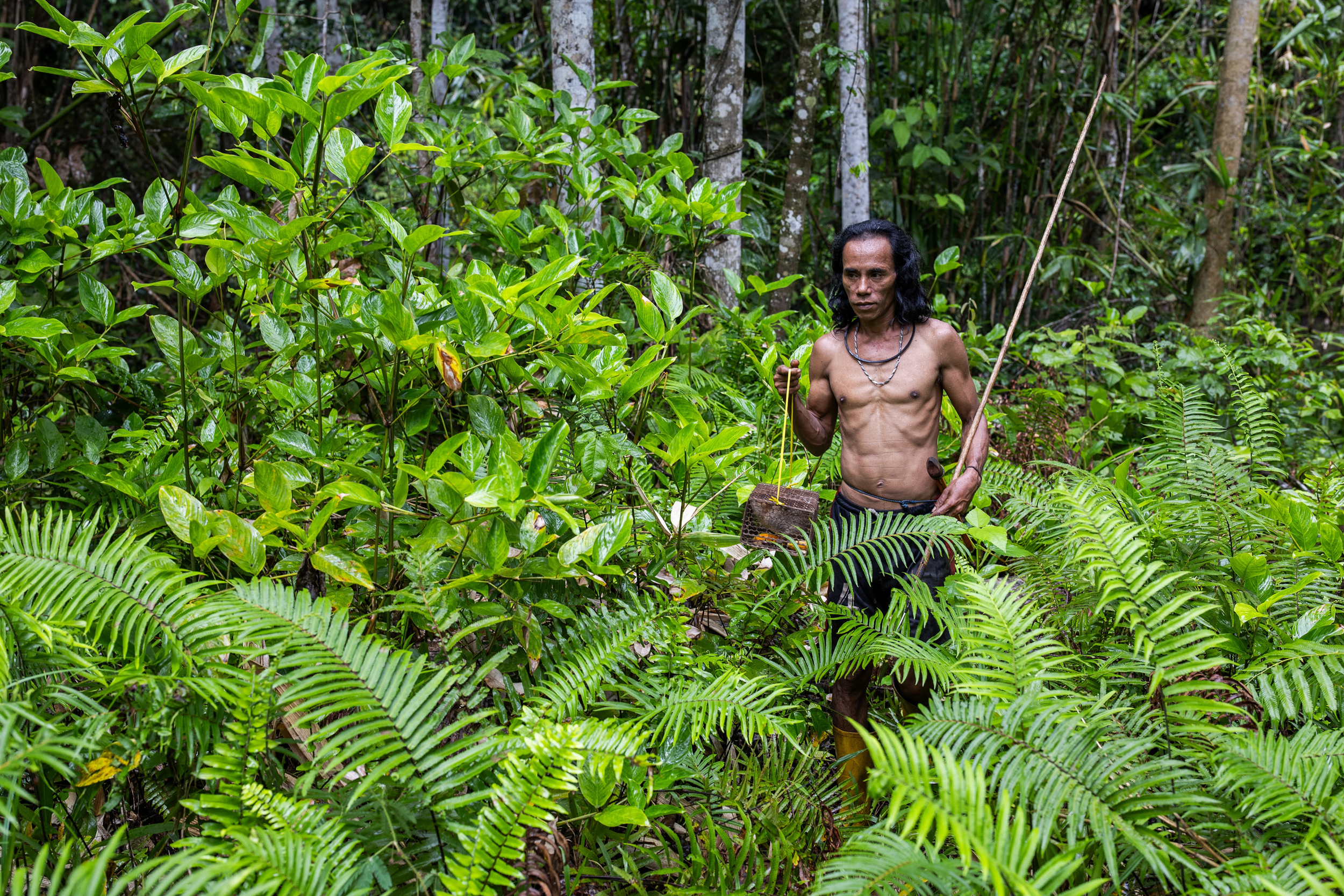The Role of Dams in Indonesia’s Eco-Energy Strategy
Indonesia, with its vast potential for renewable energy sources, has been increasingly focusing on hydropower as a key component of its eco-energy strategy. Dams play a crucial role in harnessing Indonesia’s water resources to generate clean electricity, thereby reducing the country’s reliance on fossil fuels and promoting sustainable development.
Maximizing Renewable Resources for Energy Security
By strategically positioning dams across rivers and reservoirs, Indonesia can tap into the natural flow of water to produce consistent and reliable energy. This helps in diversifying the energy mix, increasing energy security, and mitigating the environmental impact of traditional power generation methods.
Addressing Environmental and Social Impacts
While dams offer numerous benefits in terms of renewable energy generation, it’s crucial to address potential environmental and social impacts. Proper environmental assessments, stakeholder consultations, and the implementation of sustainable practices are essential to ensure that the benefits of hydropower are balanced with the protection of ecosystems and local communities.
Paving the Way for Sustainable Energy Transition
As Indonesia continues to expand its renewable energy capacity, the integration of hydropower from dams into its eco-energy strategy serves as a catalyst for a sustainable energy transition. This shift towards clean energy not only reduces carbon emissions but also fosters economic growth and creates new opportunities in the renewable energy sector.
Implications for Indigenous Communities in the Heart of Borneo
Located in the heart of Borneo, the indigenous communities face a myriad of challenges that have significant implications not just for them but for the entire ecosystem they inhabit. These communities, often living in harmony with nature for generations, are facing increasing threats due to deforestation, resource exploitation, and land conflicts.
The exploitation of natural resources in the Heart of Borneo region directly impacts the way of life of indigenous tribes who rely on the forest for food, shelter, and cultural practices. As large corporations and governments push for commercial development, the traditional lands of these communities are encroached upon, endangering their livelihoods and cultural heritage. This loss of ancestral lands not only disrupts their way of life but also disconnects them from their roots and identity.
Furthermore, the destruction of forests in the Heart of Borneo not only affects the indigenous communities but also has severe environmental implications. The loss of biodiversity, disruption of ecosystems, and climate change are all closely linked to deforestation in this region, impacting global efforts for conservation and sustainability.
It is imperative to recognize the rights of indigenous communities in the Heart of Borneo, not just for ethical reasons but also for the preservation of biodiversity and the health of our planet. Sustainable development practices that involve and benefit these communities are crucial to ensure a harmonious coexistence between humans and nature in this ecologically vital region.
Biodiversity at Risk: Assessing the Environmental Impact
Examining the environmental impact on biodiversity reveals the delicate balance of ecosystems and human activities. Understanding this relationship is crucial for sustainable conservation efforts.
Measuring Consequences
One key aspect in assessing environmental impact is to measure the consequences. Quantifying species loss, habitat degradation, and disruptions in food chains aids in comprehending the severity of the situation.
Monitoring and Research
Regular monitoring and in-depth research help in tracking changes over time. By analyzing data and trends, scientists can identify critical areas for intervention and implement targeted conservation strategies.
Collaborative Solutions
Addressing the environmental impact on biodiversity requires collaborative solutions. Governments, organizations, and individuals must work together to safeguard ecosystems, protect endangered species, and promote sustainable practices.
Educational Awareness
Increasing educational awareness plays a vital role in mitigating the environmental impact. Educating communities about the value of biodiversity fosters a sense of responsibility and encourages proactive participation in conservation initiatives.
Sustainable Alternatives for Renewable Energy in Borneo
Breaking Down the Headlines
Borneo, an island famed for its rich biodiversity, is exploring sustainable alternatives for renewable energy to reduce its reliance on traditional fuel sources. Initiatives such as solar power projects and biomass energy production are gaining traction in the region.
The Bigger Picture
By diversifying its energy mix with sustainable alternatives, Borneo aims to decrease its carbon footprint and mitigate environmental impact. This shift towards renewable energy aligns with global efforts to combat climate change and preserve natural resources.
What This Means Going Forward
The adoption of sustainable alternatives for renewable energy in Borneo signals a significant step towards environmental stewardship and energy independence. As these initiatives expand, they are likely to create employment opportunities, drive innovation in the renewable energy sector, and contribute to the long-term sustainability of the region’s energy landscape.
